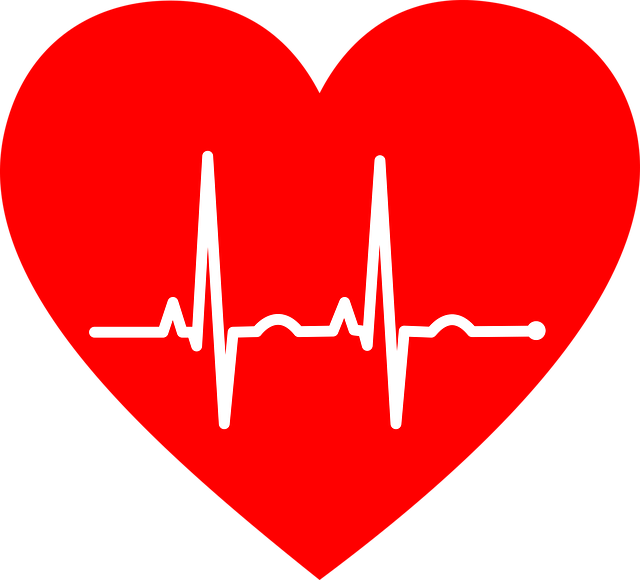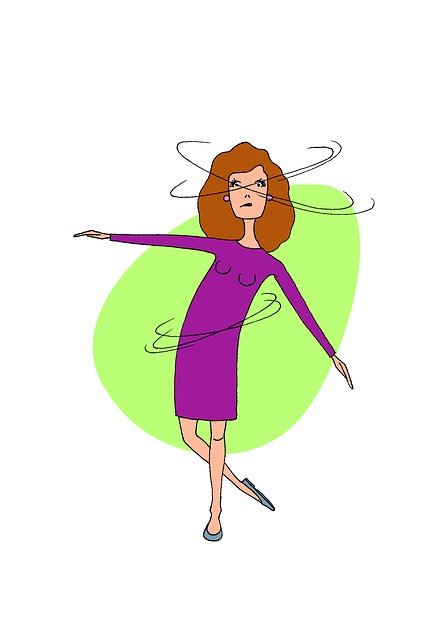What Can Cause Fainting?
Last week Sunday, on my way back from church, I decided to stop at shop rite to do a little shopping, while waiting at the cash point to pay for my groceries, the lady standing right in front of me suddenly fell on the floor unconscious. She was unconscious for about 10 mins but thank God I was around to do the necessary ABC's and prevent further complications. In medicine, we call this sudden loss of consciousness syncope.
WHAT IS SYNCOPE?
Syncope may be defined as a transient loss of consciousness due to inadequate flow of blood to the brain as a result of abnormal heart activities. These abnormal heart activities can be caused by many factors which I will try to shed more lights on as u read further. Depending on the duration of the unconsciousness, it may range from 5 seconds to 30 seconds with or without a convulsion.
There are different things that could cause one to be unconscious, but for the purpose of this write-up, I will like to classify them into two factors.
CARDIAC (HEART) FACTORS
 pixabay
pixabay
Activities around the heart can cause one to be unconscious; these activities could be a simple electrical fault or even a mechanical malfunction. Oh yes! Don’t look lost, the heart also has some electrical activities going on there, so when these activities stop temporally (like Naija power failure), the person might experience a transient syncope.
- These electrical abnormalities could cause the heart to be running at a fast rate (Tachycardia) or a slow rate (Bradycardia), sometimes the current may not get to circulate the heart leading to a heart block.
- The mechanical factors could be due to an obstruction/blockage in the outflow of blood, thereby preventing the right amount of blood to reach different parts of the body.
these obstructions could occur on the right side of the heart ((pulmonary stenosis, pulmonary embolism, etc.) or the left side((atrial stenosis, hypertrophic obstructive cardiomyopathy, mitral stenosis).
NON CARDIAC / HEART FACTORS.
 pixabay
pixabay
These are factors not- related to the heart which may finally have an effect on the heart on the long run., these include:
DRUGS: Ingestion of drugs for the treatment of heart conditions like anti-hypertensive at a non-recommended dose can lead to syncope.
FLUID LOSS - Blood loss (bleeding), excessive body fluid loss etc. would lead to a reduction in the level of fluid in the body and the heart would have to re-adjust to cope. This can also lead to syncope.
PROLONGED STANDING- Syncope can also be posture related, standing for a very long time can make us feel dizzy because of inadequate circulation of blood.
INADEQUATE SUPPLY OF OXYGEN- The brain was designed to function with a constant supply of oxygen, any condition that temporarily cuts out the supply of oxygen to the brain would lead to syncope, these may include excess carbon dioxide in the blood (hypoxia), reduced blood cells (anemia), hunger (hypoglycemia)
RARE CASES- Syncope can occur during coughing (tussive syncope), during or after urinating (Micturition syncope), swallowing of food (deglutition syncope) and it may even occur while taking a poo in older individuals (defecation syncope)
CONCLUSION
 pixabay
pixabay
The Lady I met at shop rite must have had one or two of these factors I tried to list out, and she may not have known about it until she passed out. Syncope can be prevented if we take note of what can precipitate it. Awareness of the triggers, associated symptoms and the state of the heart should give an idea of when to seek proper medical care.

Buenas noche muy buena información. Muchas gracias. Saludos desde Venezuela
Estoy contento de que hayas encontrado la información muy útil @nieuscarin
Nice article @antigenx
#bigwaves